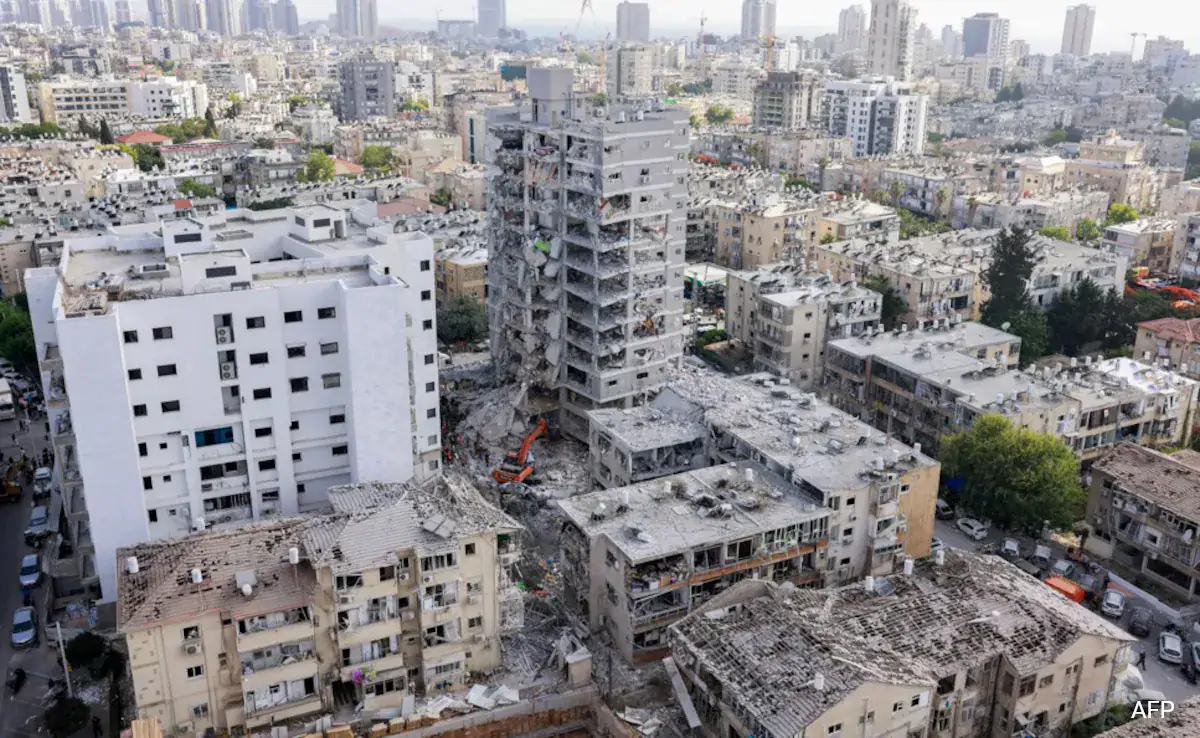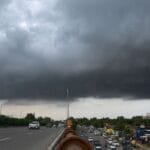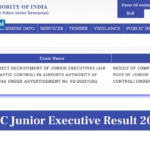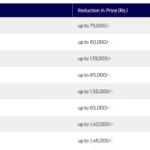The conflict between Israel and Iran has been a major flashpoint in Middle Eastern politics for years — but in June 2025, tensions escalated to a dramatic new high. This latest showdown, following a series of attacks and retaliatory strikes, signals a growing danger that a larger conflict could spiral out of control, drawing in nearby states and international powers.
🔹 The Background: How Did We Get Here?
The roots of the conflict go back decades. Iran’s opposition to Israel’s statehood, its growing influence through Shiite groups like Hezbollah in Lebanon and Shiite militias in Iraq and Syria, and its suspected nuclear weapons program have kept tensions high for years.
Meanwhile, Israel considers Iran its greatest existential threat — frequently striking Iran’s assets in Syria and elsewhere to undermine its capabilities.
🔹 The Rising Violence in June 2025
This new escalation traces back to a dramatic Israeli airstrike on Iran’s Natanz nuclear facility and a key drone base in Iran’s Isfahan Province on June 13, 2025. The attack resulted in the deaths of several Iranian nuclear scientists and a number of Iran’s Islamic Revolutionary Guard Corps (IRGC) members — fueling Iran’s vow for revenge.
In response, Iran launched Operation True Promise III, a massive retaliation with over 150 ballistic missiles and 100+ drones toward Israeli cities, including Tel Aviv, Haifa, and Jerusalem.
While Israel’s sophisticated Iron Dome and David’s Sling air defense systems intercepted nearly 90% of incoming projectiles, several made it through, causing civilian casualties, power outages, and significant structural damage in major population centers.
🔹 Regional Impact: Fear of Spillover
This escalation brings with it a very real danger of spillover — not just for Israel and Iran, but for their neighbors. Lebanon’s Hezbollah, Syria’s Shiite groups, Iraqi Shiite militias, and even Yemen’s Houthis could be drawn into a larger conflict. The growing violence resonates far beyond the two principal adversaries — fueling worries about a regional war.
Some Gulf states — notably Saudi Arabia, Oman, and the UAE — have called for de-escalation and diplomatic intervention. The United States, European Union, and the United Nations are closely monitoring the situation, with many diplomats warning that this showdown could spiral into a catastrophic conflict if both sides continue their attacks.
🔹 Global Concerns — Rising Oil Prices & Security Operations
One major concern stemming from this conflict is its potential to undermine global energy stability. Iran controls the Strait of Hormuz — a crucial choke point for nearly 20% of the world’s oil flow — and there are growing worries Iran might close it in retaliation. This could send oil prices soaring, adding financial stress to many growing and vulnerable economies.
Furthermore, many international companies are temporarily closing their operations or reducing their presence in Israel due to the conflict, adding to financial pressures.
🔹 The Role of Global Powers in Mediating the Crisis
The United States is currently engaged in diplomatic backchannels alongside France, Germany, and the UK to ease tensions. Some reports suggest Turkey and Oman are acting as mediators, delivering messages between Iran and Israel.
Meanwhile, Russia and China — both with growing diplomatic and economic ties to Iran — have called for de-escalation, emphasizing the need for dialogue instead of further violence.
🔹 What’s Next?
If the two regimes continue their attacks, the conflict could spiral into a full-blown regional war. Iran might move toward closing the Strait of Hormuz or striking additional targets in Israel, while Israel might respond by extending its attacks against Iran’s nuclear facilities, fueling a catastrophic showdown.
The international community’s ability to ease tensions — through diplomacy, sanctions, or negotiations — will be crucial in averting a greater humanitarian crisis.
🔹 FAQs:
✅ Who started the conflict in June 2025?
Israel launched a strike against Iran’s nuclear facilities, prompting Iran’s retaliatory attack with over 150 ballistic missiles and drones.
✅ What’s Iran’s main objective in this conflict?
Iran aims to respond to what it sees as aggression by Israel, demonstrating its ability to strike back and deter future attacks.
✅ Are there concerns about spillover into a wider war?
Yes — Iran’s allies, Iran’s Shiite militia groups, and neighboring Gulf states are all vulnerable to spillover effects.
✅ How is the international community reacting?
Diplomatic initiatives are underway by the USA, European powers, Oman, Turkey, and the UAE, all calling for de-escalation and dialogue.
✅ What’s the worst case scenario?
A full-scale regional conflict could break out, causing catastrophic humanitarian crises and threatening the stability of the entire Middle East.










